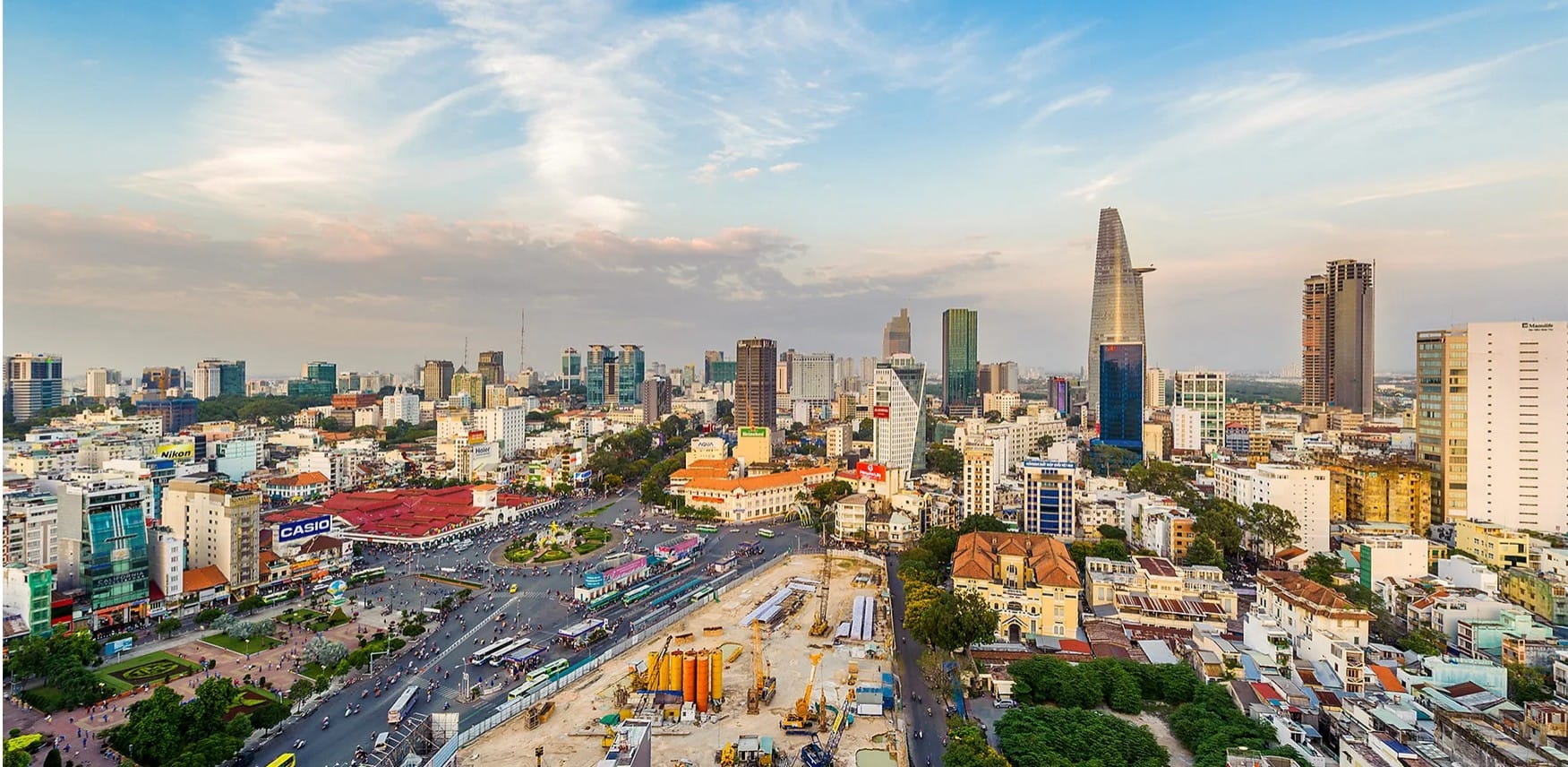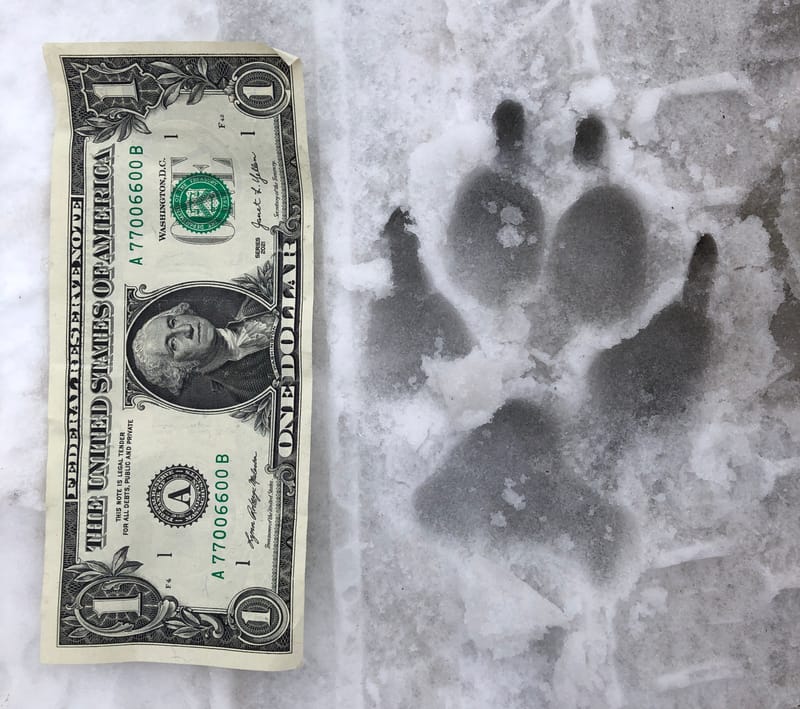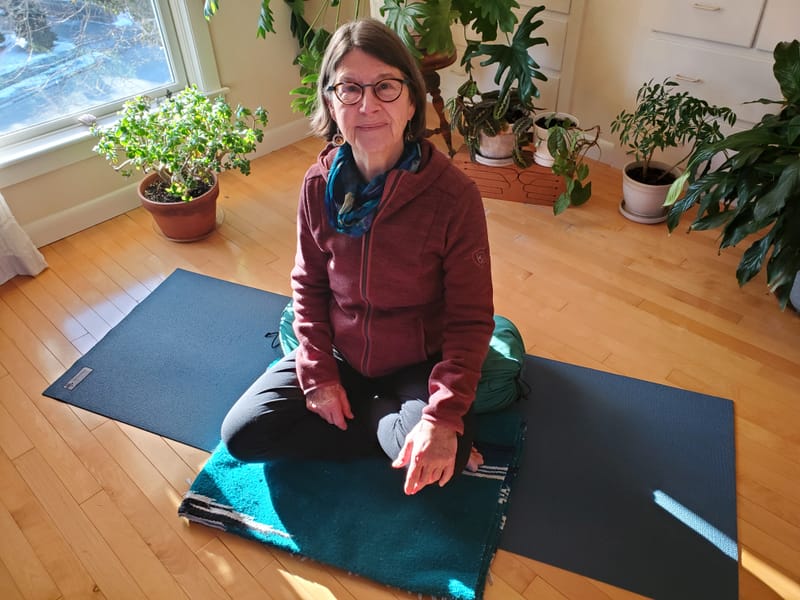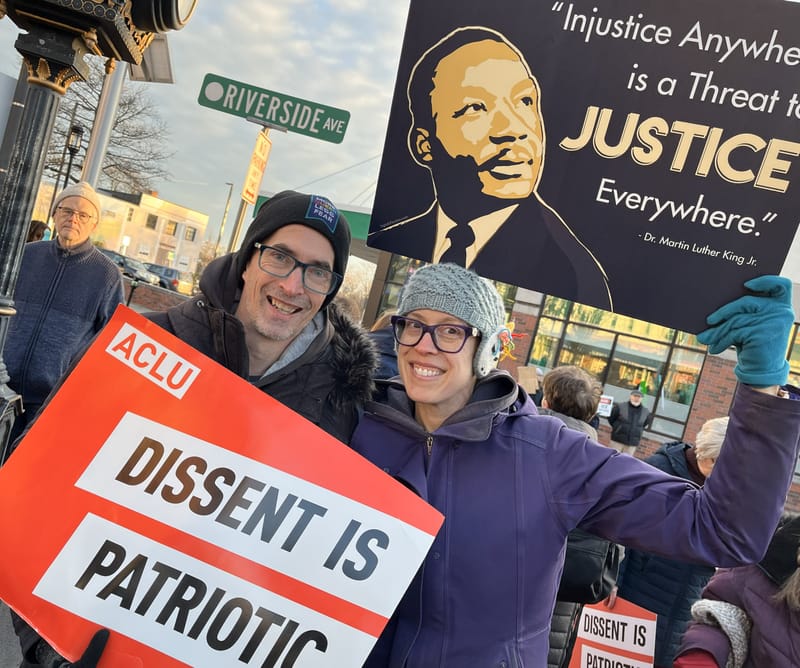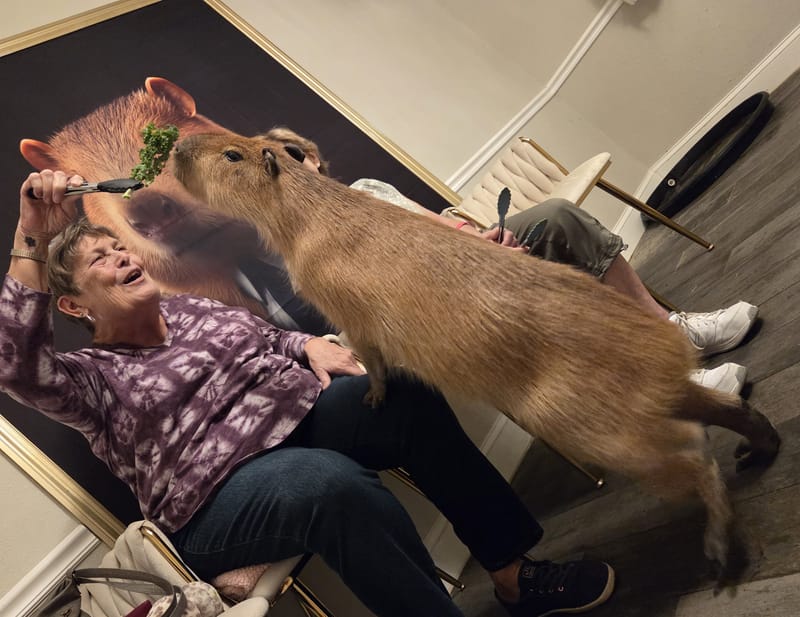OPINION: A love letter to Vietnam
April 30 marks the 50th anniversary of the end of the Vietnam War, or as they call it in Vietnam, the American War.
By Jane Collins
April 30 marks the 50th anniversary of the end of the Vietnam War, or as they call it in Vietnam, the American War.
I was deeply involved in the anti-Vietnam War movement. Starting in 1967, I attended hundreds of protests, street demonstrations, vigils, fasts, lectures, and teach-ins. The images we were seeing, and the stories told by returning GIs and fearless members of the press, burned themselves into my soul. Like the burns we were inflicting on the Vietnamese with napalm, these were not clean wounds or easy to heal.
About 65,000 American and allied soldiers were killed in the Vietnam War. So were more than 2 million Vietnamese civilians and 1 million Vietnamese soldiers. We dropped more bombs on that country than we did in all of World War II. By the end of the 1970s, Vietnam was the second poorest country in the world.
In January of this year, my daughter took me to Vietnam for three weeks, so we could see how the Vietnamese were doing now.
Our first stop was Hanoi, once the capital of North Vietnam, the communist enemy the U.S. intended to defeat. It’s an exciting city. Crazy motorbike traffic obeys no rules, but mostly manages not to hit anybody. Countless little shops and cafés and endless street markets sell everything imaginable.
Our friends all told us that Vietnam is bad at Communism, giving few services to its people, but very enthusiastic about capitalism. We loved the narrow two and three story buildings in the Old Quarter, each one unique, with their fanciful decorations, window and balcony designs, and color schemes. People always seemed to be working and yet they never got in a hurry.
My daughter found something billed as a “war tour” of Hanoi. Our guide, K., took us to the site of the Christmas Bombing in 1972. Blocks of the city had been evacuated because of Nixon and Kissinger’s bombing campaign. But just before Christmas, there was a pause, and many residents returned home.
They believed that the Americans would not bomb on the holiday. They were wrong. American bombs turned six blocks into flaming rubble, killing around 300 people and destroying nearly 2000 homes. Nixon, with his love of football metaphors, called this Operation Linebacker II.
The Christmas Bombing memorial is a huge bronze statue of a woman carrying her dead baby, resting her foot on a bomb. K. told us it is meant to convey both grief and the determination to survive. When my daughter told him that I had been active in the anti-war movement, he stopped his lecture and thanked me profusely.
“You were fighting for us,” he said.
A long train ride south through misty hills and rice paddies brought us to the ancient imperial city of Hue. My daughter took a vegetarian cooking class from Yong, a charming man whose harrowing life story I won’t detail here. His wife Lisa took us shopping with her after dinner, along a sidewalk market where vendors sat with plastic or bamboo baskets of produce and fish, and then to her local Buddhist temple where we could meditate for a while with the monks.
Lisa and Yong knew that visiting the war-ruined Demilitarized Zone would be difficult for us, so they took a day off work to keep us company. We visited the Vinh Moc tunnels where 600 villagers lived for six years 100 feet underground to escape from American bombs.
Lisa stayed close, to keep me from slipping on the steep, mossy steps. We only spent two days with the couple, but their warmth made us feel like close friends.
It was humbling and sad to see those tunnels with their tiny niches for families dug by hand in the heavy wet clay. Even harder to see was the War Remnants Museum in Saigon, when we had traveled that far south.
The Agent Orange and War Crimes exhibits made my daughter hide in the bathroom to cry. Thousands of children are still being born with serious disabilities because of the poisons we dropped. In some ways, the war is not over.
I expected to find bitterness and anger still simmering against our country. Instead, we met only forgiveness. I’ve spoken with veterans of that war who returned to Vietnam full of sorrowful regret, and were moved to tears by the kindness of their reception. Vietnamese culture values family, treasures relationships, and teaches peace.
The people of Vietnam are still healing. Thanks to them, I am healing, too.
Jane Collins is a Medford resident.

